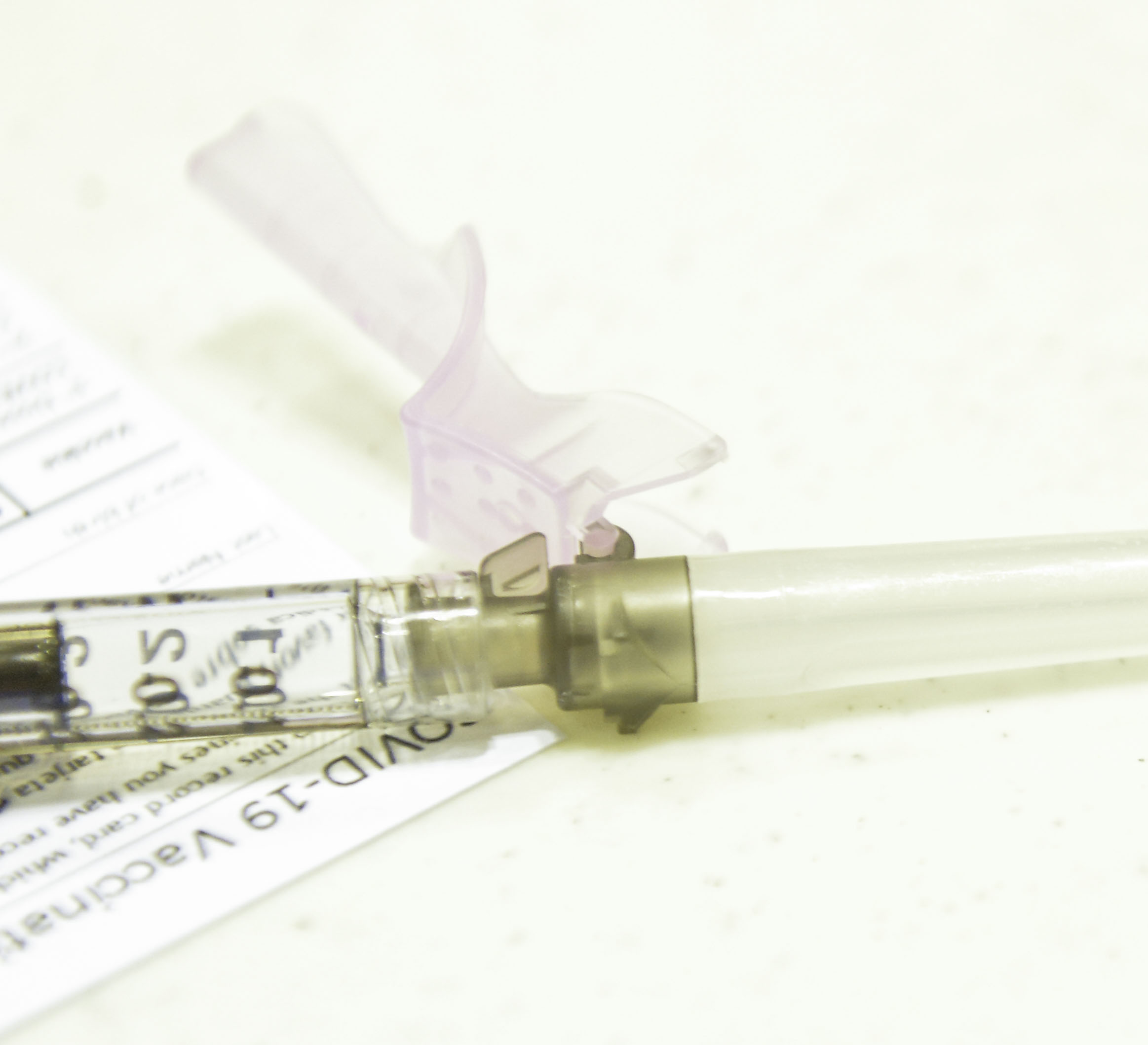This is the fourth in a four-part series of FAQs provided by WVU Medicine. Because of length, we are publishing the questions and answers in four parts. Other parts were published Jan. 10 as well as Jan. 13 and Jan. 15.
Newsroom@DominionPost.com
As access to the coronavirus vaccine begins to make its way through the state and country, many people have questions about its safety, possible side effects and effectiveness. To help assuage any fears about the vaccine, the WVU Medicine Pharmacy Team put together the following frequently asked questions.
What happens if I am late for the second dose of a two-dose series vaccine?
The Pfizer product is a two-dose vaccination series given 21 days apart. The second dose is allowed within a four-day grace period (days 17-21). If more than 21 days have passed since the first dose, the second dose should be given at the earliest opportunity. You do not have to repeat any doses.
The Moderna product is a two-dose vaccination series given 28 days apart. The second dose is allowed within a four-day grace period (days 24-28). If more than 28 days have passed since the first dose, the second dose should be given at the earliest opportunity. You do not have to repeat any doses.
The CDC has stated that although giving the vaccine within the grace period is possible, it should be an exception and not standard practice. Data does not exist for second doses given at short intervals.
How will the second dose of the vaccine be ensured if I do get the first dose?
The CDC, federal agencies and state public health departments are using an online tool called the Vaccine Administration Management System (VAMS) that will allow clinicians to set up customized vaccine schedules and allow recipients to make vaccination appointments and receive reminders about returning for a second dose, if required.
How do the Pfizer and Moderna mRNA vaccines work?
The vaccines contain synthetic mRNA, which is genetic information used to make the SARS-CoV-2 spike protein. The spike protein is the part of the virus that attaches to human cells. The spike protein alone cannot cause COVID-19. Once the spike protein is created it causes the immune system to make antibodies against the virus. These antibodies can provide protection if a person comes into contact with the virus. The mRNA vaccines are non-infectious and do not enter the human cell nucleus so it cannot be inserted into human DNA. Additionally, mRNA is rapidly broken down, and this theoretically reduces chances for long-term side effects. The mRNA vaccines do not have the ability to cause cancer.
Can I get COVID-19 from a vaccine?
No. None of the COVID-19 vaccines currently authorized for use or in development in the United States use the live virus that causes COVID-19. The vaccines will either contain mRNA (non-infectious genetic material), viral vectors (modified versions of live viruses) or protein subunits (parts of viral proteins), which cannot cause infection. The CDC states that protection from the vaccine is not immediate, and it will take 1-2 weeks following the second dose of a two-dose series vaccine to be considered fully vaccinated. That means it is possible you could catch the virus from the community just before or after vaccination and get sick. The vaccine itself does not cause infection.
Will taking the vaccine cause a false-positive COVID test?
No. The COVID-19 vaccines will not cause a false-positive result on COVID-19 viral tests that test for a current infection. There is a possibility that you will test positive on some antibody tests that detect antibodies to the spike protein. A positive antibody test means you may have previously been infected with COVID-19, or it may result from vaccination.
Do I still need to wear a mask after I take the vaccine?
Yes. Wearing a mask and practicing social distancing is still important after receiving the vaccine. There will be limited doses available initially, and because people will be vaccinated in waves, it will take time to vaccinate enough of the population to stop the spread of COVID-19.
Additionally, we don’t know how long immunity will last. Furthermore, infection after receiving a vaccine may still be possible, although it may be less severe, such as a mild or asymptomatic infection. Others can still be infected in this scenario, necessitating the continued use of masks.
When will I get the vaccine?
Supply will be limited at first and will likely be given to high-risk exposure groups initially. Your timeline for vaccination depends on recommendations that will be provided by the state and the ACIP as well as how much supply of vaccine is available.
How is vaccine development happening so fast?
The vaccine process is happening faster because vaccine research and development, clinical trials, manufacturing and plans for distribution are occurring at the same time. This method removes delays that occur when these processes are carried out separately. Steps for development are not being eliminated.
For additional information, WVU Medicine officials, including Dr. Stephen Hoffmann, WVU Medicine pulmonologist and WVU Health System vice president of clinical integration; Todd Karpinski, WVU Health System chief pharmacy officer; Meera Mehta, WVU Medicine infectious diseases clinical specialist; and Colleen Sybert from WVU Medicine Human Resources, participated in a webinar for the WVU Health System in late December. It can be viewed in its entirety at youtube.com/watch?v=bi0vSENhUgA.
For more on COVID-19, WVUMedicine.org/COVID.




